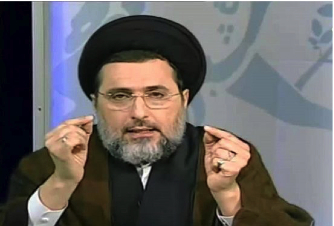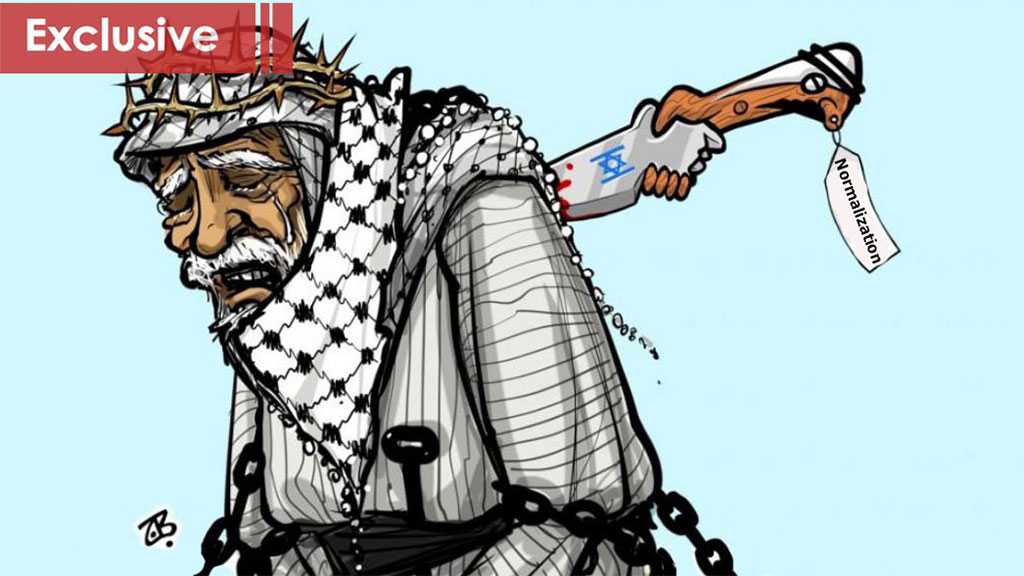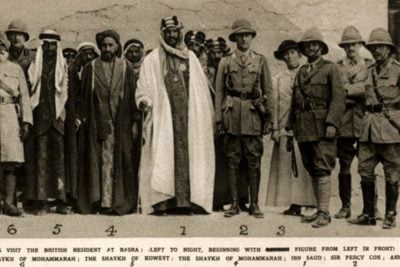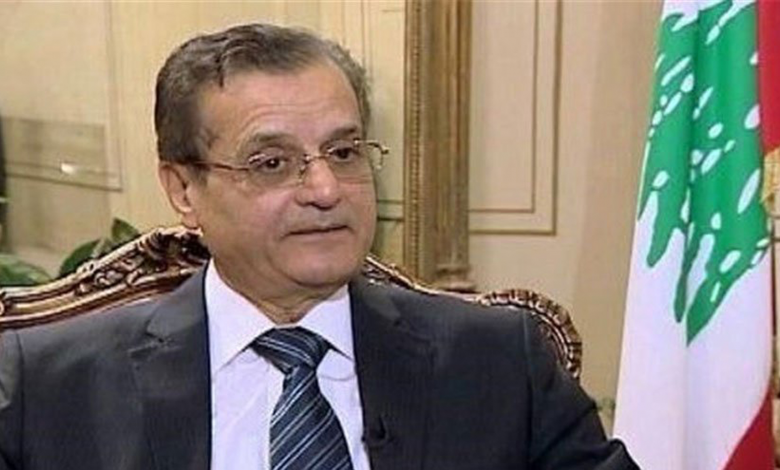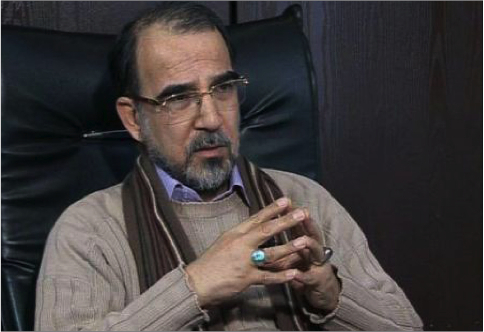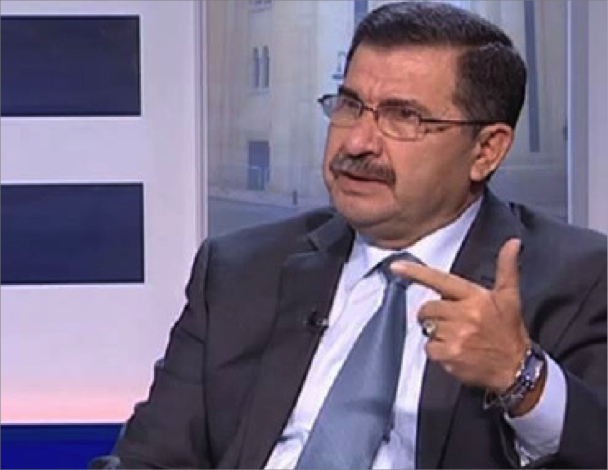Genocide in occupied Palestine isn’t a mere mistake to correct; it’s an enduring Israeli policy, bolstered by its allies. The time has come to stand for justice.

We have all heard the question “What do you think would be a proportionate response to what happened on October 7?” But let us step away from the reductive perspective where every event is dealt with as an isolated incident disconnected from the root cause from which it was birthed.
The real question, in the face of occupation, is: “What is a proportionate response to the colonization of the Middle East and the occupation of Palestine?” To be able to have that conversation, we must first bring forth the numbers of what truly happened in 1948 when Palestine was occupied. The occupation of Palestine is also often referred to as the great catastrophe known in its Arabic translation only: The Nakba.
The Nakba resulted in the displacement of 957,000 Palestinians out of 1.4 million in 1,300 villages and towns. The majority ended up in neighboring Arab countries, the West Bank, the Gaza Strip, and other nations. Thousands who stayed in Israeli-occupied areas were driven from their homes and lands. This period also witnessed over 51 massacres, with more than 15,000 Palestinians martyred.
Moreover, since 1967, there have been over 1 million detention cases (Palestinians detained by “Israel”), as well as over 1,000 reported attacks by Israeli settlers against Palestinians. This is only part of the injustice and oppression suffered by the people of Palestine on their own land. More could be said regarding stolen properties, land grabs, demolitions, cultural genocide and systematic killings through medical negligence, raids, and collective punishment to name only a few.
Let’s revisit the question once more:
Is the Palestinian and Arab response proportionate to the actions taken by the Zionist lobby that led to the establishment of Israel in 1948? What about the crimes it has committed since?
For most, at least those who possess the capacity to make a sober assessment, and with kind hearts who were genuinely fooled by false rhetoric and narrative that have been propagated for decades, neutrality fails after this simple and brief historical presentation. But now what? Let’s delve deeper into the concept of neutrality and how it speaks nothing but the colonizer’s tongue amid a case of severe occupation-turned-genocide. This explanation can only be brought forward in contrast with Resistance aimed at liberation.
Murderers in fancy suits and shiny dresses
“Our revolution is not a public-speaking tournament. Our revolution is not a battle of fine phrases. Our revolution is not simply for spouting slogans that are no more than signals used by manipulators trying to use them as catchwords, as codewords, as a foil for their own display. Our revolution is, and should continue to be, the collective effort of revolutionaries to transform reality, to improve the concrete situation of the masses.” –Thomas Sankara
Using eloquent words and dressed up nicely in suits and dresses, the colonizer has often set itself at a higher standard and is responsible for upholding ‘equality’ through imposing a value scope of idealism and neutrality upon the ‘other’ [those that do not look like the colonizer or speak their tongue].
An idealism that held the “other”, from now on referenced as the oppressed, to the highest standard all the while they use eloquent speech to veil their double standards. While any deviation from the colonized gets marketed, through multi-billion dollar media empires, as ‘radicalism’, their impunity and murderous policies have often weighed on a very different scale.
Their actions, including massacres, systematic cultural genocide, wars, and unholy interventions, have followed one of three patterns:
- In some cases, these actions were only acknowledged decades later, with a grim cinematic apology designating the atrocities as ‘a mistake’ and a dark stain on their history. This was notably seen in the case of France in Algeria and Rwanda.
- Alternatively, they have been veiled with eloquent words that charm the listener but lack meaningful substance, all the while serving imperial interests. An example of this can be observed when the collective West claimed ‘neutrality’ in the Arab-Israeli conflict, brought ‘democracy’ to Libya, and funded terrorist groups in Syria to bring forth ‘freedom’.
- Lastly, there are instances where they openly admit to the killing of hundreds of thousands but claim “the price was worth it,” as former US Secretary of State Madeleine Albright famously did in a 1997 interview when speaking of the killing of 500,000 Iraqi children to preserve Western interests.
That being laid out, alongside the brief history of the Nakba massacres, the final straw I to show that “Israel” is in fact a necessity for the collective West and a very important asset without which American influence, and consequently European influence, recedes greatly allowing for the rise of a reformed Arab world. Such a rise threatens major economic and geopolitical interests for the West that has for so long survived, in its luxurious form, on the plunder of the Global South.
The collective West today, led by NATO, and including “Israel”, have sought after their own interests at the cost of human life forgetting that in the same way that “a rose by any other name would smell as sweet,” genocide, ethnic cleansing, subjugation, and plunder were colonial and occupation practices, no matter how often they are called “peace”.
In this post-World War II era, although genocide has occurred before, the October 7 operation launched by the Palestinian Resistance represents a significant turning point, coinciding with the decline of Western influence.
Related News
- Turkey calls on UNRWA donors to reconsider decision on cutting funding
- CIA’s Burns meets with Qatar, Egypt, Israeli officials for Gaza talks
It has reaffirmed what has always been, though most recently veiled in clauses of human rights, development, and cooperation: the US, which drives both NATO and Israeli decision-making and policy, continues to impose its influence by force of economic means, but when it fails, it returns to its old-school habits and brings back its policy of genocide, plunder, mass destruction, and subjugation.
When we speak of such policies, we do not only speak of the doers but also those suffering on the other end of these policies. The people suffering the price of genocide and plunder are without doubt those paying an incredibly higher price. A price that has been inked in blood, trans-generational trauma, and identity crisis.
When weighing financial losses against the human cost, it becomes indisputable that anyone with even a modest amount of compassion and common sense would unequivocally stand in solidarity with the oppressed.
In the tragic case of occupied Palestine, the people of Palestine (and an argument can be made for the entire Arab world) have endured the heartbreaking loss of their ancestral lands and the relentless, systematic ethnic cleansing that has unfolded over decades. Their lives have been marred by the profound sorrow of witnessing generations of ancestors, parents, siblings, children, and grandchildren suffer unfathomable pain.
Neutrality sidelines justice, reaps only an equation of ‘either subjugation or violence’
“The colonial regime is a regime established by violence. It is always by force that the colonial regime was established. It is against the will of the people that other peoples more advanced in the techniques of destruction or numerically more powerful have imposed themselves. Violence in daily behavior, violence towards the past which is emptied of all substance, violence towards the future.” – Frantz Fanon
The latest atrocity, the Gaza genocide, stands as a harrowing testament to the depths of suffering endured. This genocide, characterized by deliberate and calculated brutality, has left an indelible mark on the Palestinian people. It is within this context that the Israeli occupation President, Isaac Herzog, shockingly confessed: “This war is not only a war between Israel and Hamas [falsely isolated from Palestine’s popular choice of Resistance], it’s a war that is intended, really, truly, to save Western civilization. To save the values of Western civilization.”
Also, significantly, back in 1999, Samuel Berger, who then served as the US assistant to the President for National Security Affairs, stressed, in an address titled The Middle East On The Eve Of The Millennium: Building Peace, Strengthening America’s Security, that “How the Middle East evolves matters,” adding that “it matters, of course, most directly, to the people of the Arab world.”
However, Berger, in what could have possibly been one of the most straightforward speeches in the history of the US, further explained that the “Middle East” matters not only to the Arab people who live there but also “matters to the American people as well, because of the strategic, political and economic interests that are at stake.”
After the US interests in the Arab world, Berger emphasized that the region “also matters – profoundly — to the people of Israel,” justifying that argument by saying, “For them, the difference between a Middle East focused on economic development and looking to the future and a region mired in poverty and in hatreds inherited from the past is the difference between peace and conflict…lasting security and…perpetual threat…a normal life and the lives they have been forced to live.”
That being said, it’s important to note that any claim of neutrality falls short of ‘impartiality’ when considering the evident Western interests. In brief, ‘Israel’ is viewed as a vital geopolitical entity (better described as a ‘barrier state’) and plays a crucial role in preserving the nation-states established as a result of the Sykes-Picot Agreement. This historic agreement divided the Arab world into spheres of influence and established countries in service of Western interests.
Consequently, the potential loss of “Israel”, yes I do mean the complete liberation of occupied Palestine, is perceived as a significant challenge for the West. It could threaten the emergence of a prosperous Arab world, regardless of its specific shape or form. Moreover, the rise of a highly effective Resistance movement that has excelled on various fronts could lead to a reduction in Western influence in the Middle East. This, in turn, may open the door for liberation movements across the Global South to gain momentum.
These potential developments have far-reaching consequences for the global influence of the West, potentially marking the end of its era of hegemony. Additionally, they could pose obstacles and disruptions to multi-billion dollar interests both within the region and worldwide.
Beyond neutrality is justice and vengeance
Do you condemn the Resistance and stand with occupation, oppression, ethnic cleansing and genocide?
In the face of occupation, ethnic cleansing, gentrification, forced displacement, dehumanization, illegal detentions, torture, and genocide, in the face of such immense suffering and ongoing atrocities, the pursuit of justice becomes an urgent moral imperative, starkly contrasting with the notion of neutrality. Confronted with the stark reality of oppression, neutrality is not a virtue, rather it is merely a colonial narrative; it is a passive stance that inadvertently perpetuates injustice.
To truly stand for justice is to actively advocate for the rights, dignity, and freedom of the oppressed, in this case, the Palestinian people. It is to recognize that silence in the face of oppression is a tacit endorsement of the oppressor’s actions. Justice demands that we confront and challenge the systems and forces that perpetuate suffering, and it calls for solidarity with those who seek liberation and a brighter future.
Justice demands us to stand with the Resistance. The Resistance was born of the people and remains a popular choice among all the oppressed peoples of this region. Our moral duty is to engage the enemy by all means available to us, not just in words and chants. Real support seeks to advance the liberation movements on the ground and hinder or obstruct the capabilities of the enemy and all those who seek to support them.
The blood of over 100,000 people has already been spilled in occupied Palestine alone. These martyrs’ blood must not go in vain and that is our duty, those who remain steadfast in this land and on this path. Retribution is an unavoidable outcome, as the adversary, having resorted to shedding the blood of the innocent, has sown the seeds of inevitable retaliation. Despite exhausting all peaceful avenues, and with the occupation, along with its supporters, persisting in promoting violence and denying the oppressed their rightful claims, the concept of vengeance, which in Arabic carries profound significance in seeking retribution or repayment, has been declared. In recent years, it has been presented by the Resistance, as a path to full liberation.
Read more: A century of colonialism crushed at the feet of Resistance
Filed under: "Israel", American crimes, Israeli Crimes crimes against humanity, Palestine, Sykes-Picot, US-led NATO Alliance | Tagged: Besieged Gaza Strip., Gaza Genocidal War on Gaza, Israeli President Isaac Herzog, Madeleine Albright, Nakba and ROR, Occupied Palestine, Operation Al-Aqsa Flood, The Decline of the Western Civilization, The liberation of occupied Palestine, The Zionist Lobby | Comments Off on Resistance justified: Unmasking deceptive neutrality









































